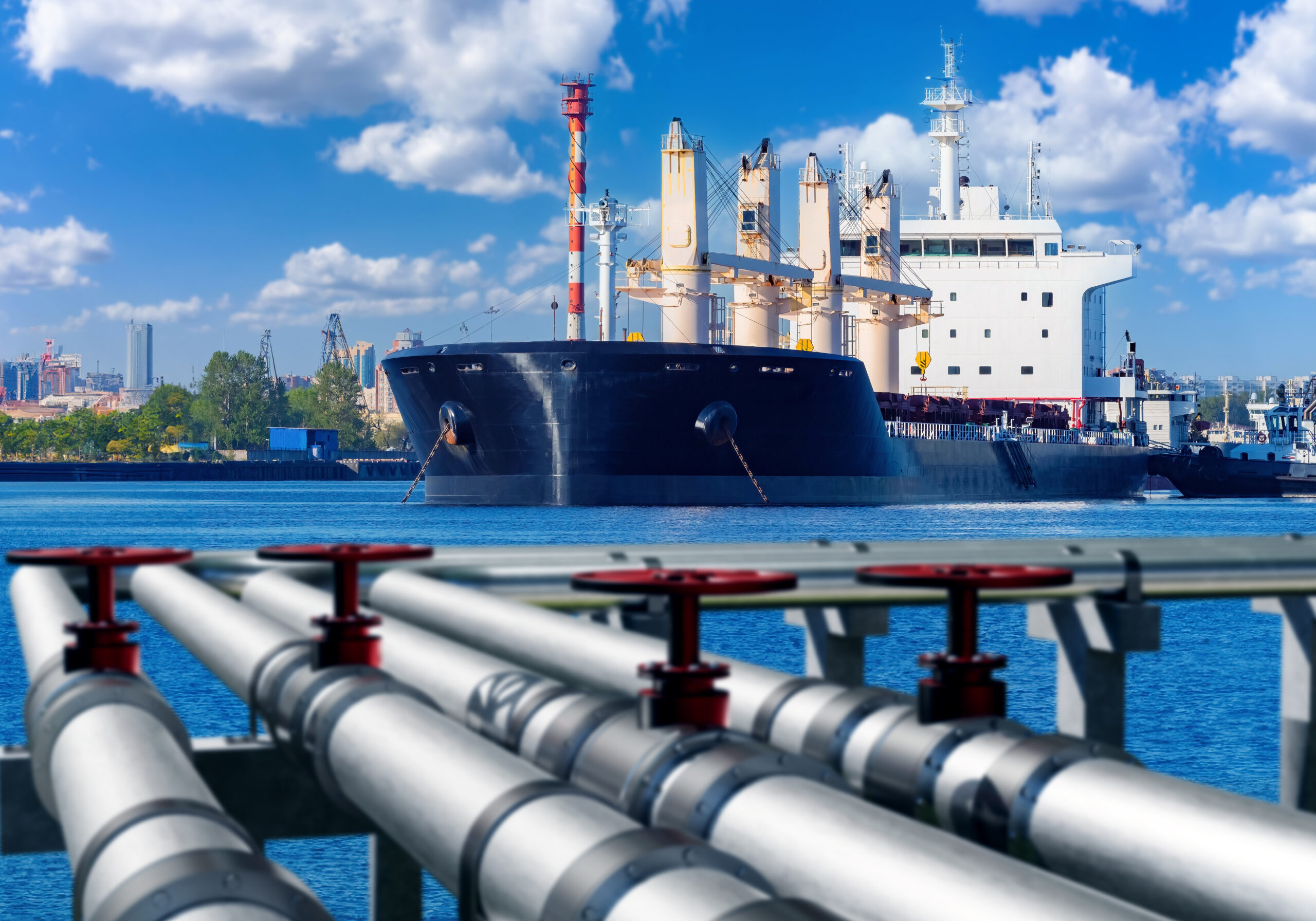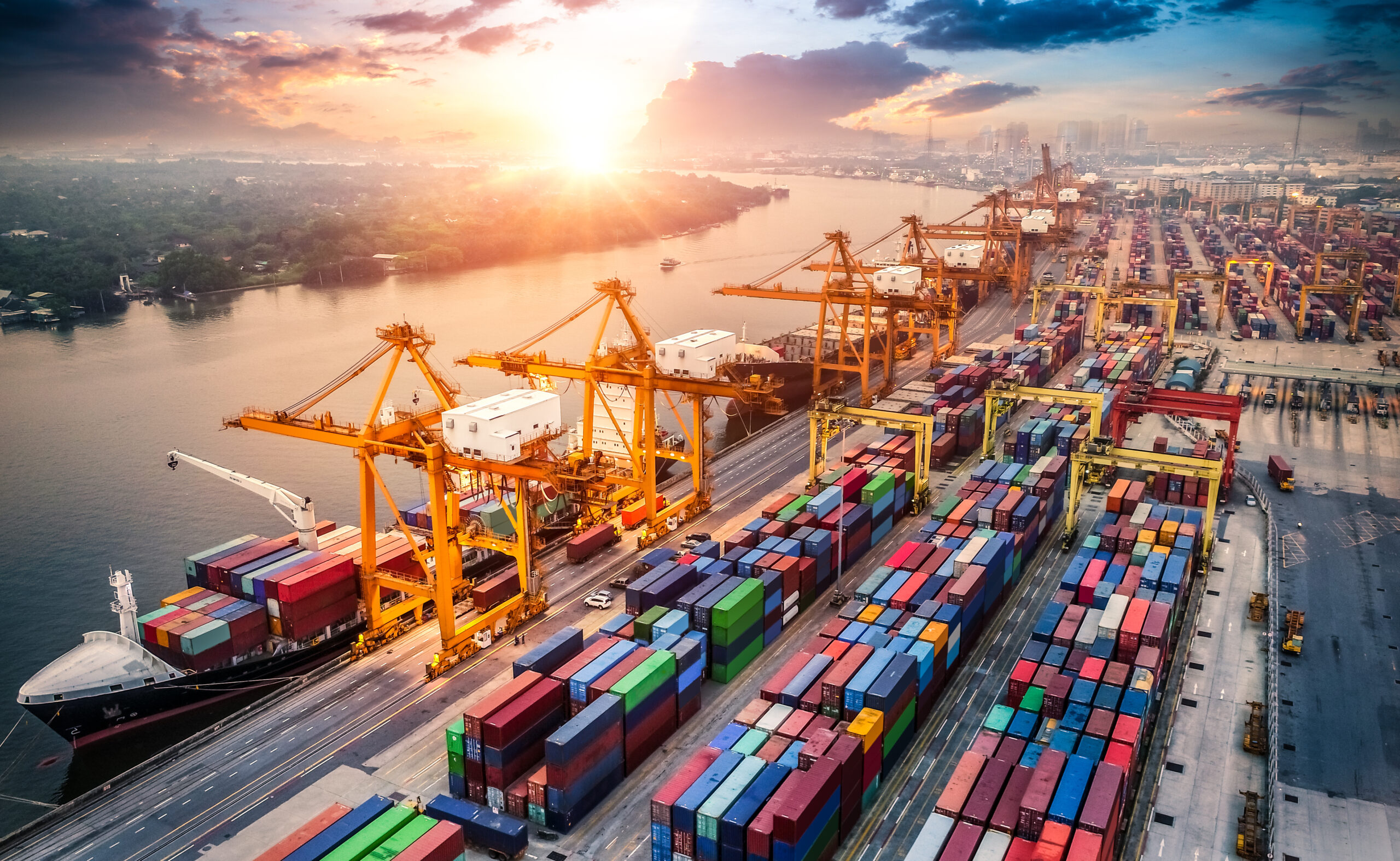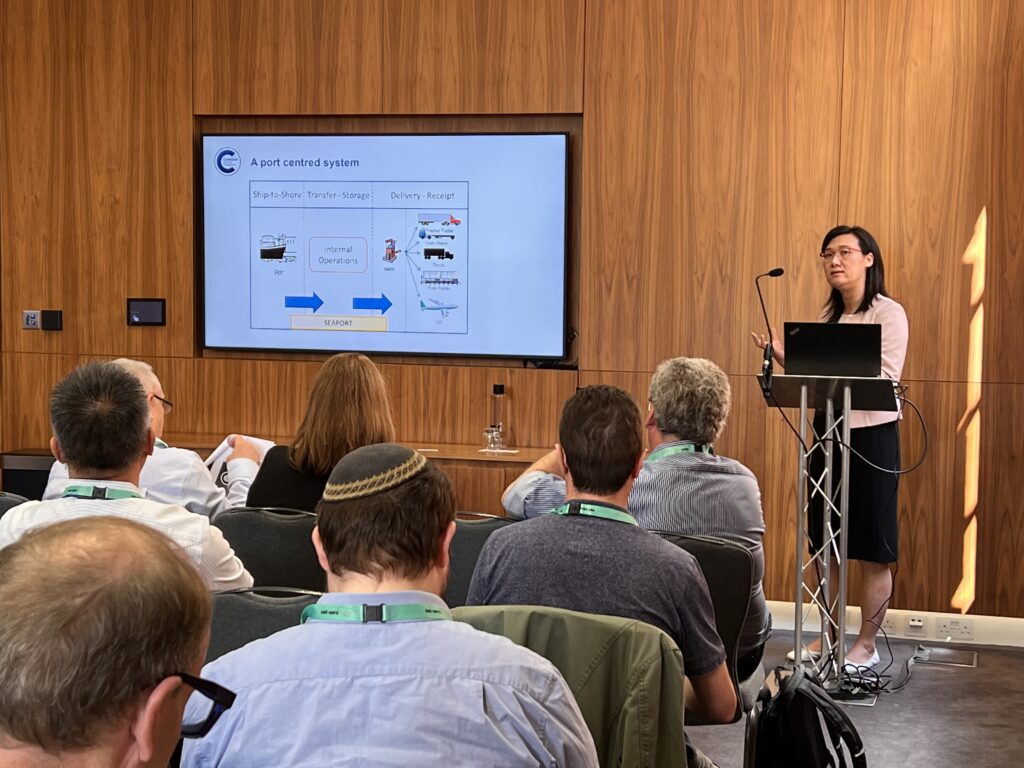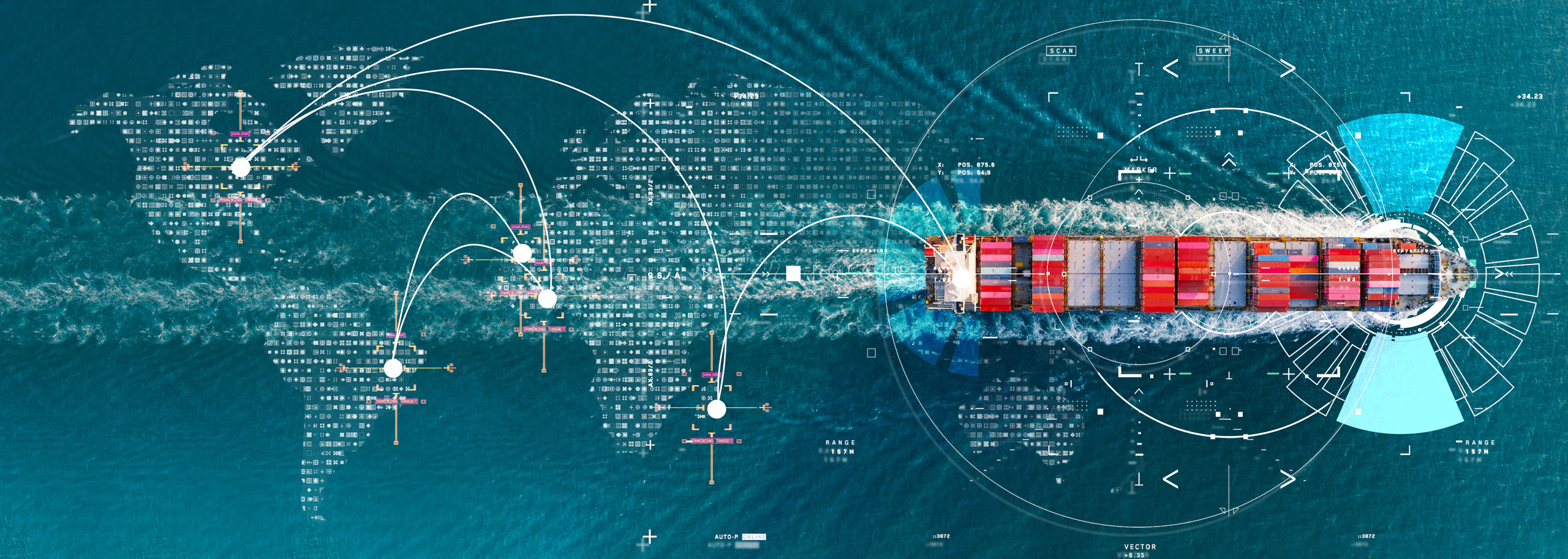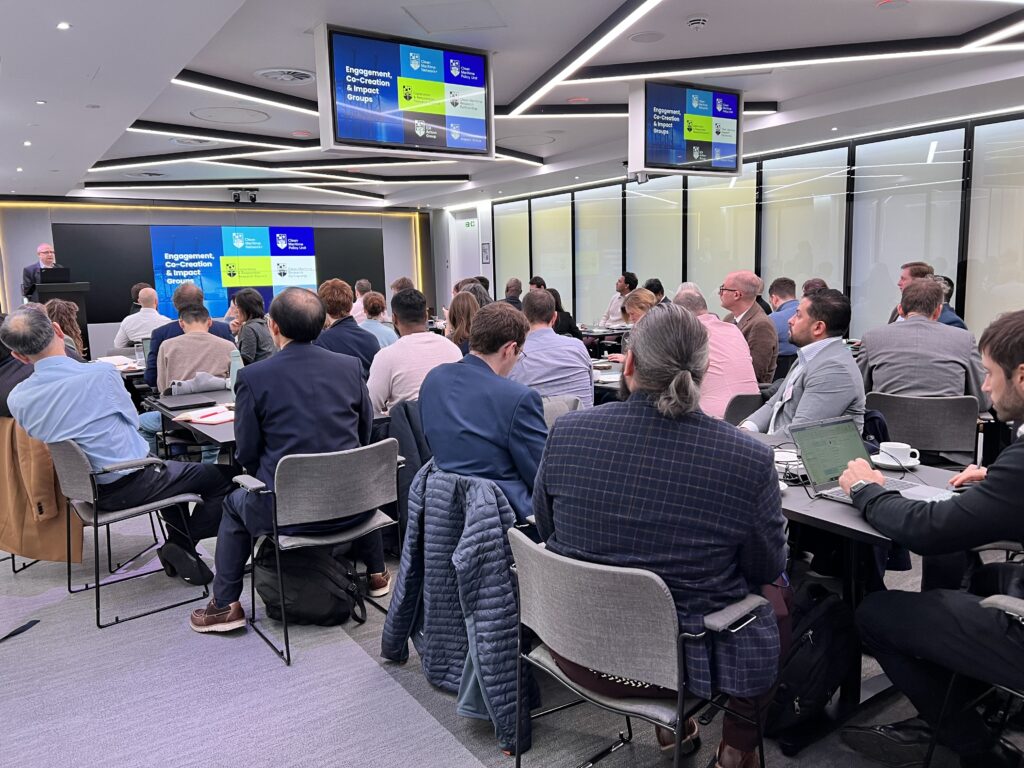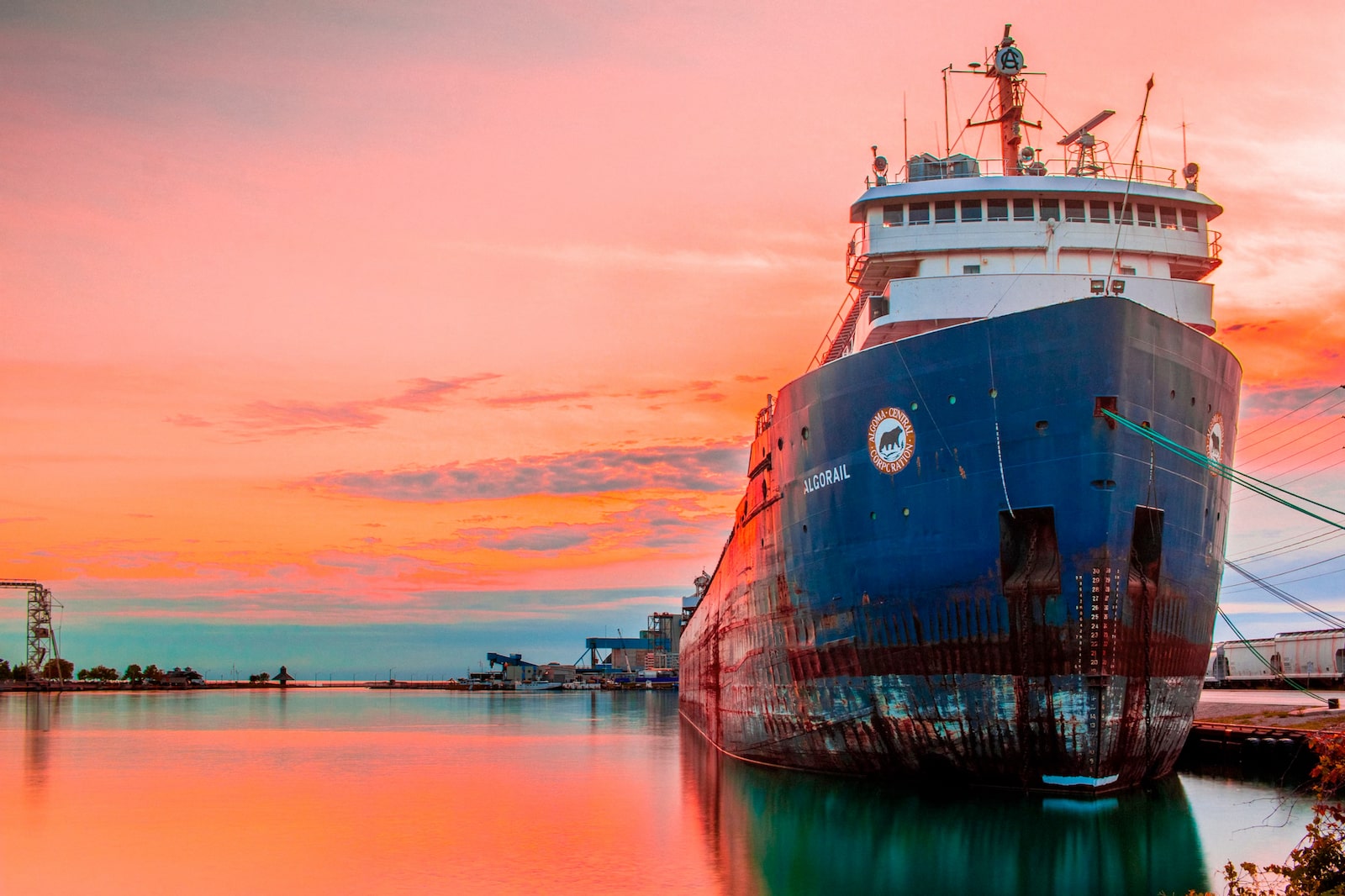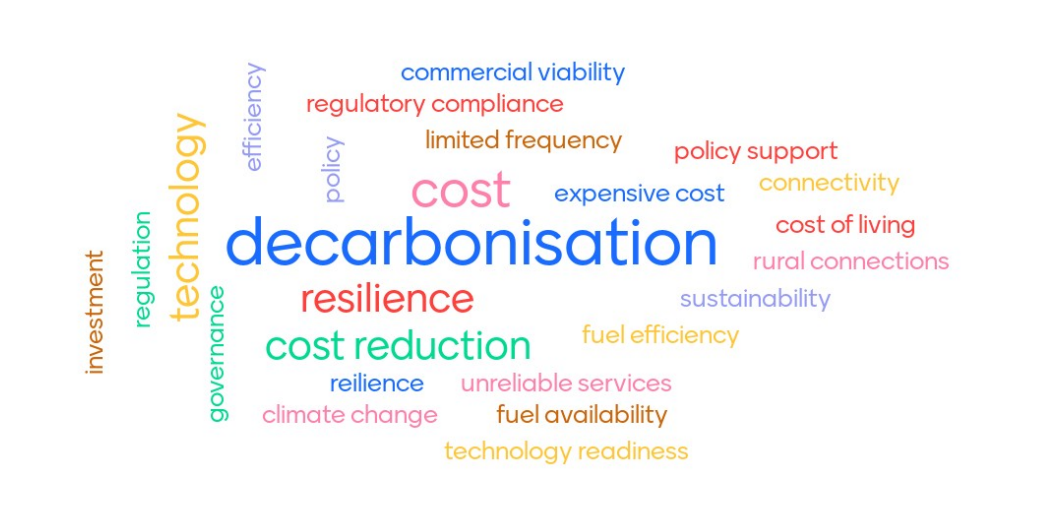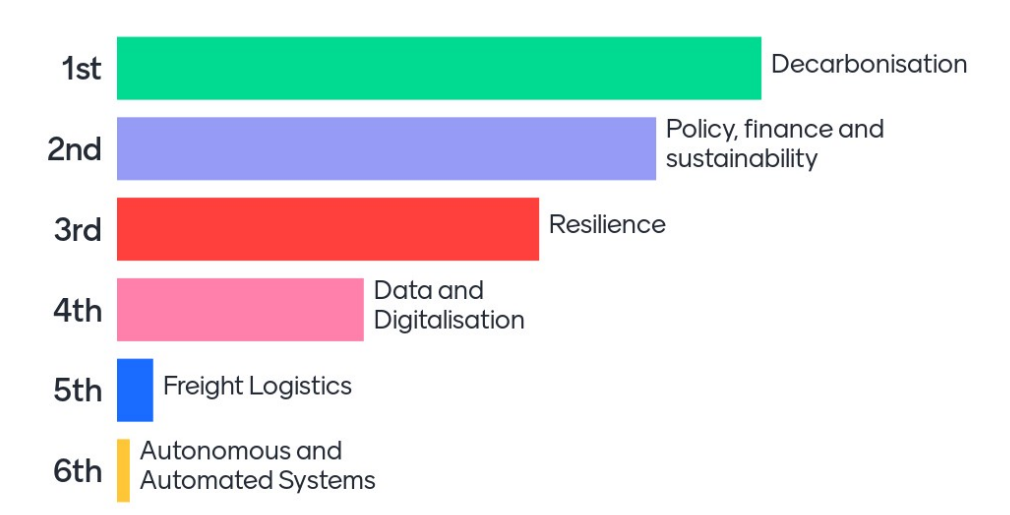The UK National Clean Maritime Research Hub is pleased to announce that preparations for the first cycle of our Co-innovations sprints are underway. The unique Co-Innovation Methodology proposed by the UK MaRes Hub aims to connect research with industry, ensuring real world challenges are being tackled.
This invitation-only event will take place over two days in February 2025, bringing together expertise from end users (ship builders, owners and ports) on day 1, and energy sector specialists, and technology providers on day 2. Throughout each day our team of researchers will work closely with industry experts, participating in scene-setting lightning presentations, brainstorming sessions, prioritisation and planning tasks, aimed at developing near-term innovative net-zero strategies with a 2030 timeframe in mind.
This will mark the first of three co-innovation cycles planned by the UK MaRes Hub, aimed at identifying decarbonisation solutions for different timeframes.
The technical sprint will be facilitated by Dr Jo North, Technology and Transformation Director at the Port of Tyne, and will:
- take insights from the Hub’s interdisciplinary research to examine port activities and decarbonisation efforts both at sea and on shore
- help us to identify gaps in our research
- explore some of the near-term challenges to decarbonisation and evaluate potential solutions
- consider policy interventions and financial investment
- help shape the Hub’s future research initiatives, operational practices, and policy development
